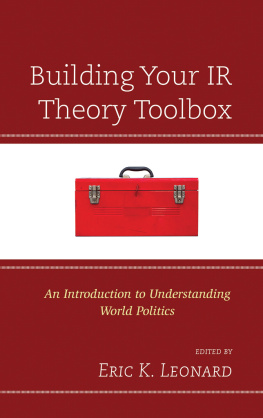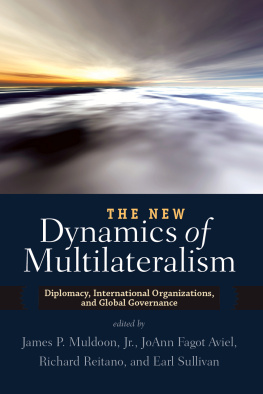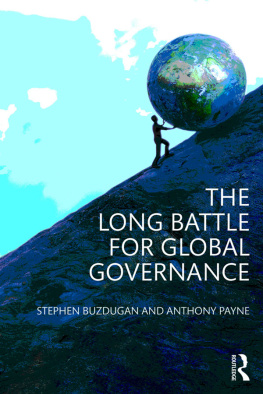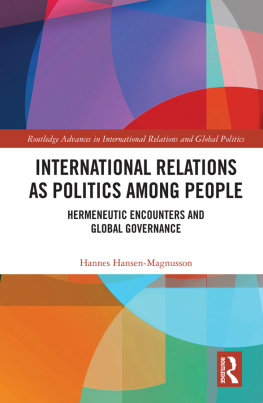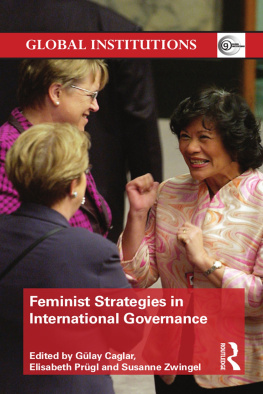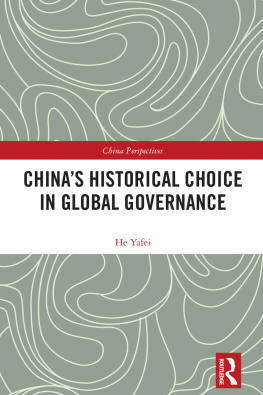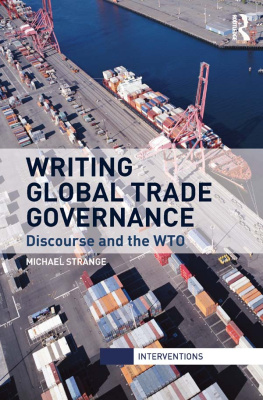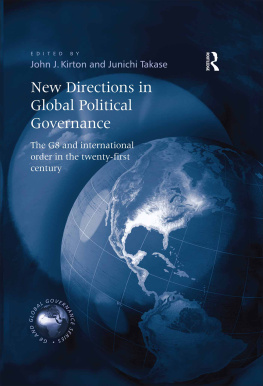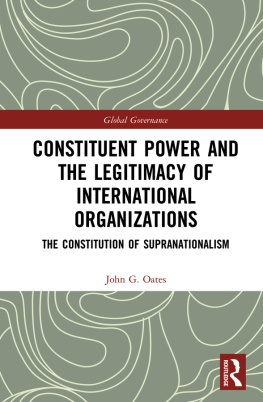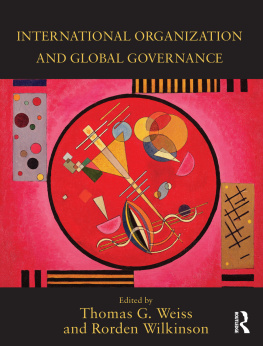Dedicated to the memory of my mother, Claire K. Leonard
First published 2005 by Ashgate Publishing
Published 2016 by Routledge
2 Park Square, Milton Park, Abingdon, Oxon OX14 4RN
711 Third Avenue, New York, NY 10017, USA
Routledge is an imprint of the Taylor & Francis Group, an informa business
Copyright 2005 Eric K. Leonard
Eric K. Leonard has asserted his right under the Copyright, Designs and Patents Act, 1988, to be identified as the author of this work.
All rights reserved. No part of this book may be reprinted or reproduced or utilised in any form or by any electronic, mechanical, or other means, now known or hereafter invented, including photocopying and recording, or in any information storage or retrieval system, without permission in writing from the publishers.
Notice:
Product or corporate names may be trademarks or registered trademarks, and are used only for identification and explanation without intent to infringe .
British Library Cataloguing in Publication Data
Leonard, Eric K.
The onset of global governance : international relations theory and the International Criminal Court
1.International Criminal Court 2.International relations - Philosophy 3.Humanitarian law 4.Globalization - Social aspects
I.Title
327.101
Library of Congress Cataloging-in-Publication Data
Leonard, Eric K.
The onset of global governance : international relations theory and the International Criminal Court / by Eric K. Leonard.
p. cm.
Includes bibliographical references and index.
ISBN 0-7546-4531-2
1. International Criminal Court--History. 2. International criminal courts--History. 3. International relations. 4. World organization. I. Title.
KZ6311.L46 2005
345.01--dc22
2005018435
ISBN 9780754645313 (hbk)
This text owes a great deal to the criticism and suggestions of the many individuals who read earlier drafts. I would like to thank Yale Ferguson, Kenneth Campbell, and Mark Huddleston for their insightful comments and scathing criticism. I would especially like to thank James Oliver and Kurt Burch for both their professional expertise and personal friendship. Their intellectual guidance, patience, and encouragement helped me shape this text and continue on the correct path until its completion. To them I owe a great debt and eternal gratitude. I would also like to thank Mary McGlynn, Cindy Waksmonski, and Ramona Wilson. Not only did they supply me with the technical advice necessary to complete this project, but their constant words of encouragement and enduring guidance kept me on track and progressing towards my goal. Finally, I would like to thank all of my students at Shenandoah University and the University of Delaware. Your intellectual curiosity is infectious and for that I am forever grateful.
In addition, I would like to thank my family, who provided me with the emotional support system necessary to complete such a lengthy and arduous endeavor. First I would like to thank my in-laws, Rose Ann and Anthony Mennella, for believing in my ability and always holding out hope for the best. The support you provided me was immeasurable. A resounding thank you goes to my father, Edward Leonard, and my stepmother, Marie Hoffmann. They believed in me when no one else did and it was their encouragement that resulted in me going back to school and pursuing a career in academia. Thank you for the unending support and faith in my ability. Thank you also to my three young children Nicolas, Stefani, and Mathieu. Your unending supply of hugs and tireless laughter were a greater benefit then you could ever imagine. Finally, I owe the largest amount of gratitude to my wife, Lisa Marie Mennella. Her love, support, extensive patience, and companionship have made this long road not only bearable, but also delightful. She has made the long days and sleepless nights worthwhile. Without her by my side I would never have been able to accomplish all that I have.
This manuscript is dedicated to the memory of my mother, Claire K. Leonard, who taught me that with hard work and perseverance I could accomplish anything. Thank you for everything. You are always in my thoughts.


